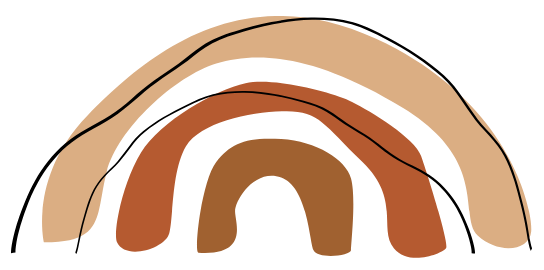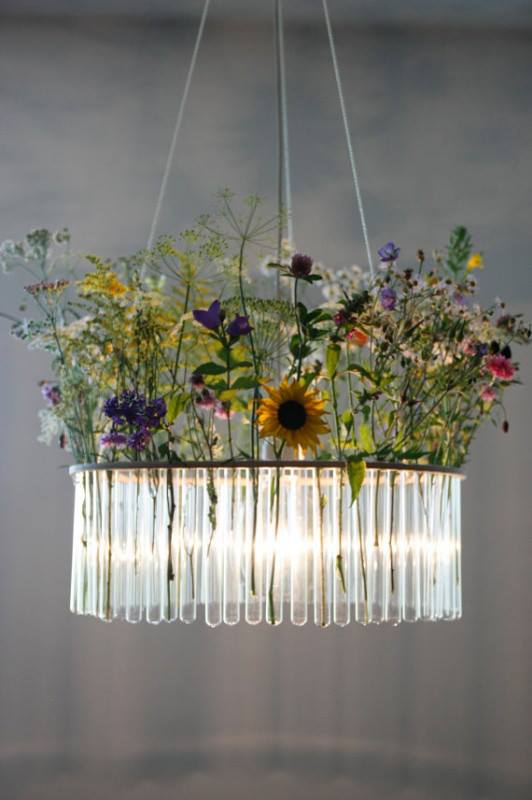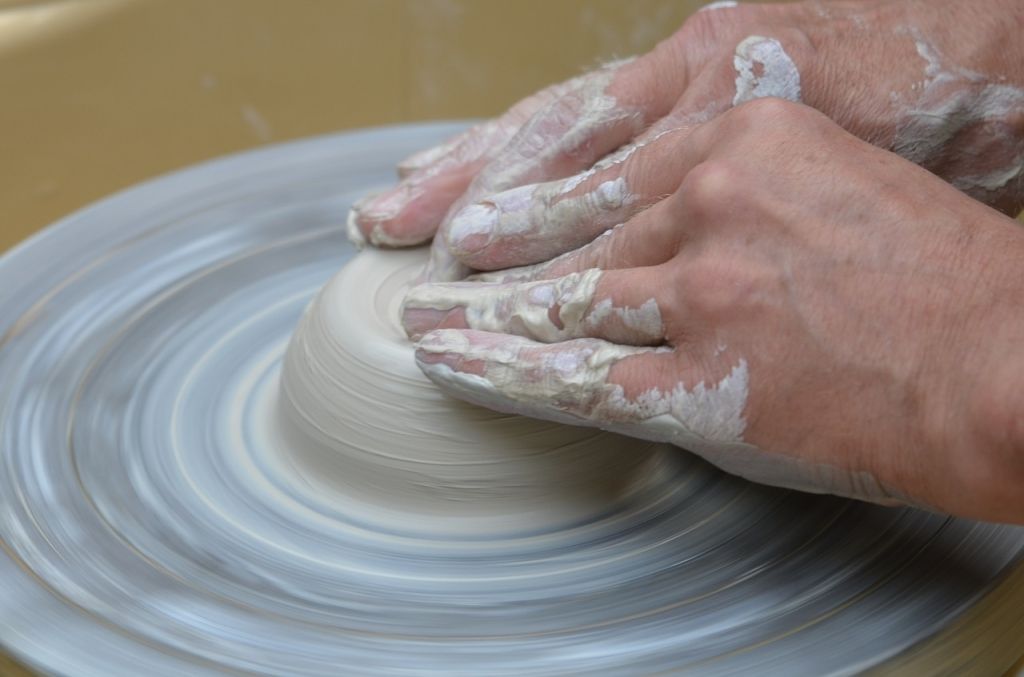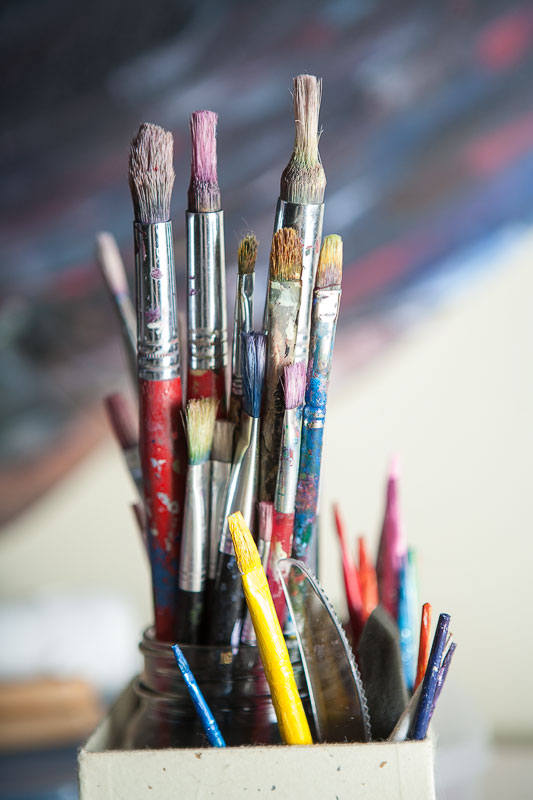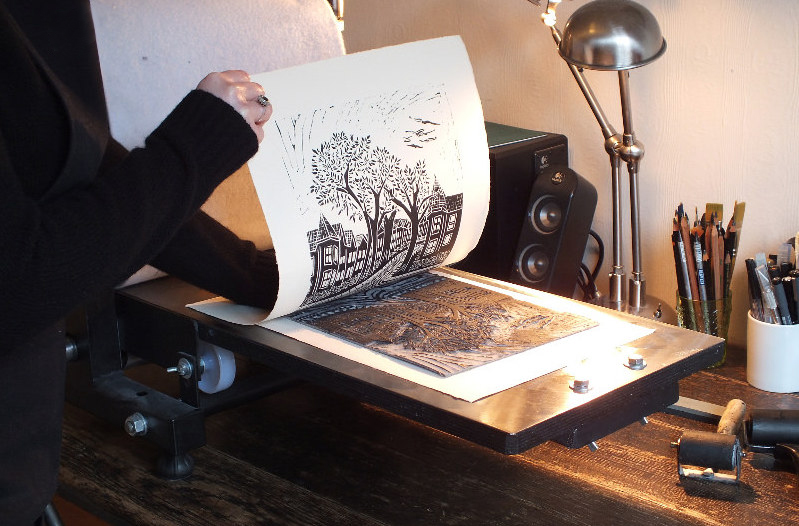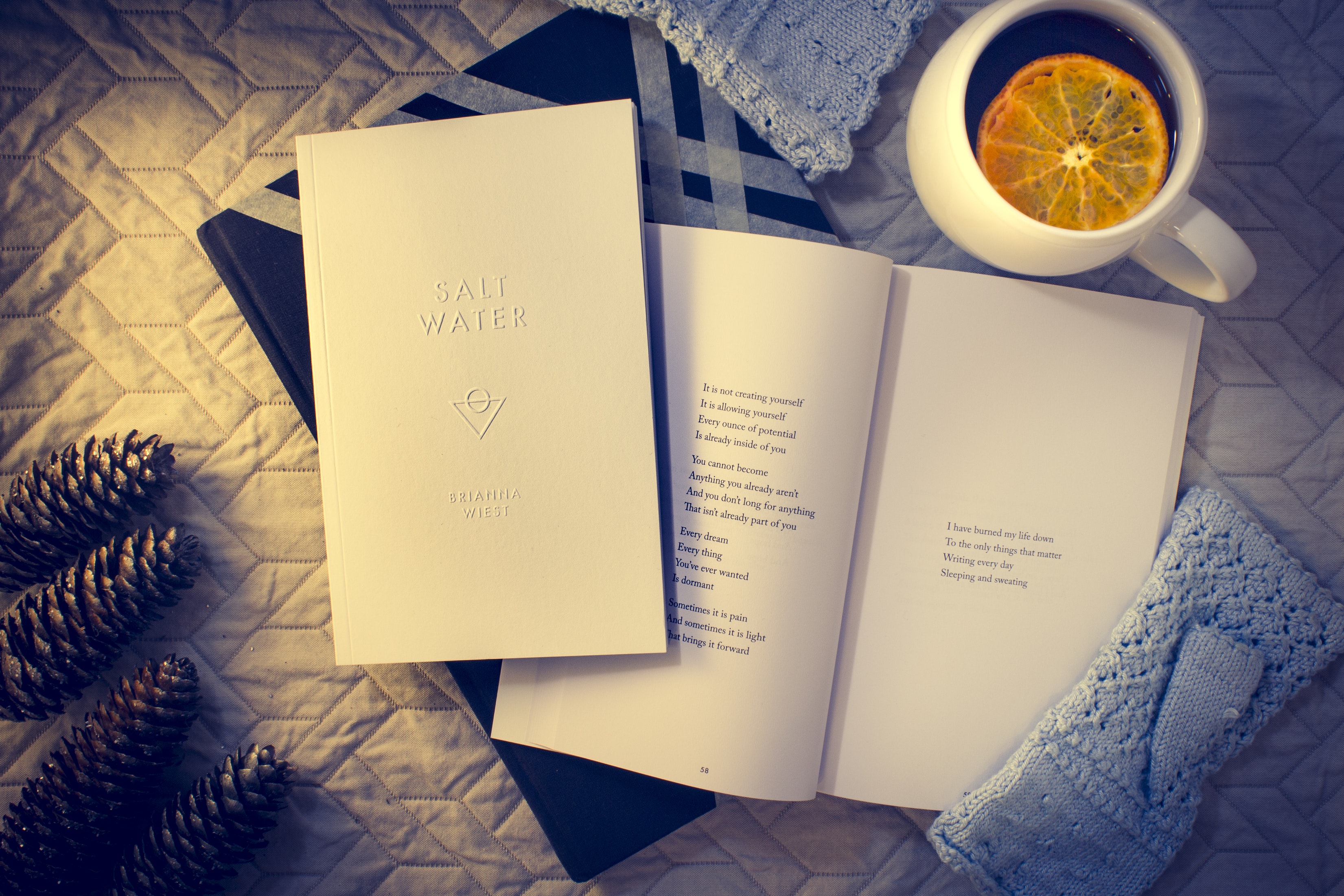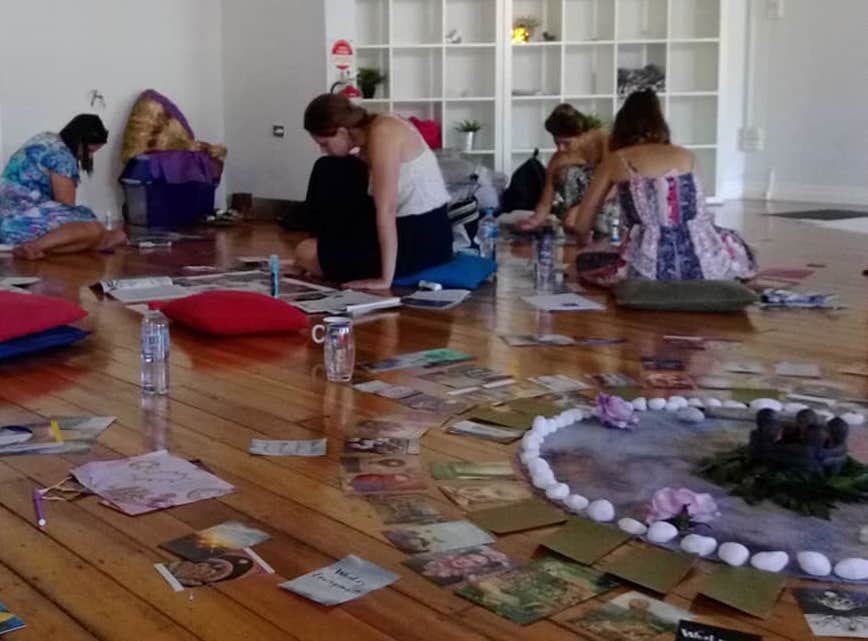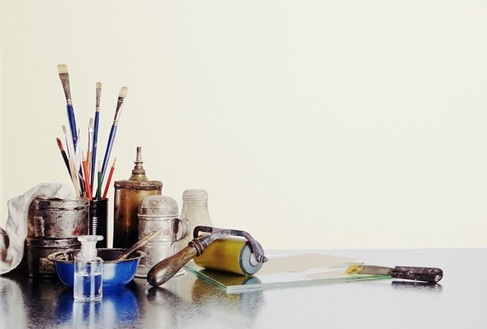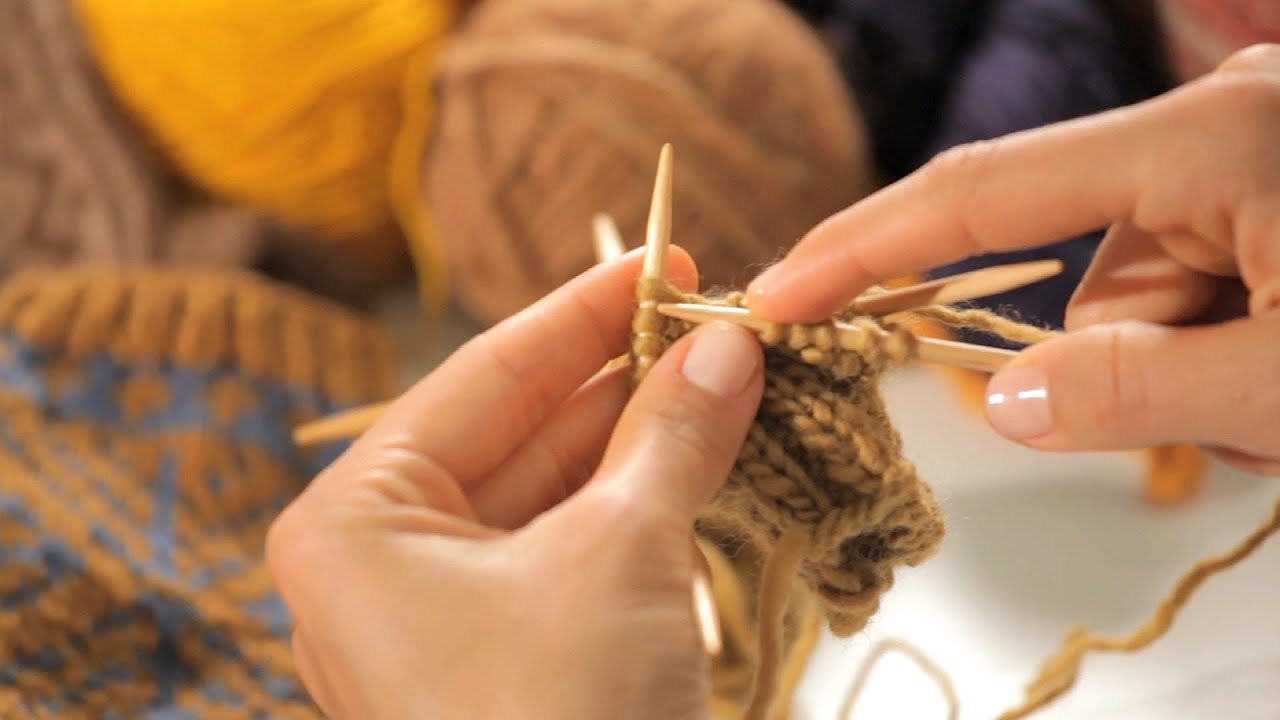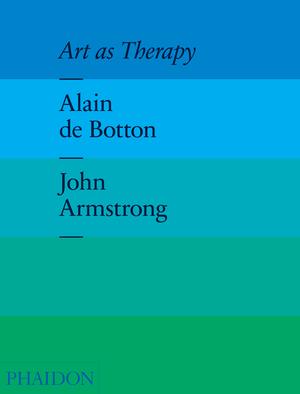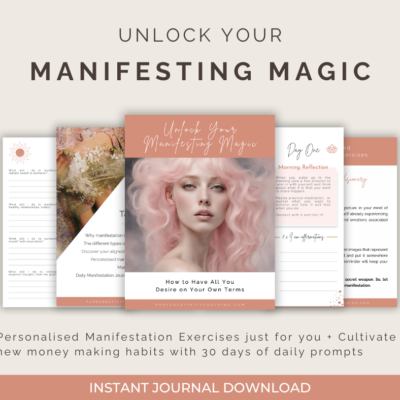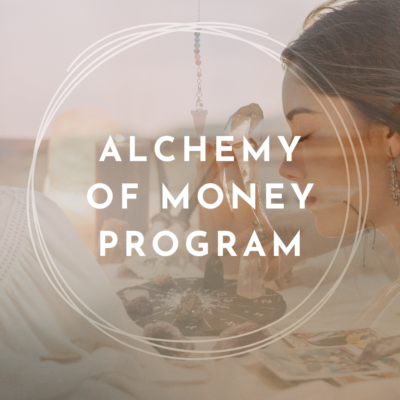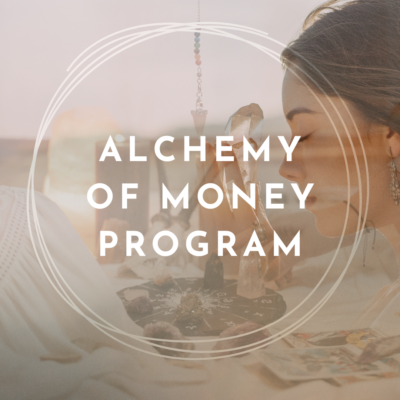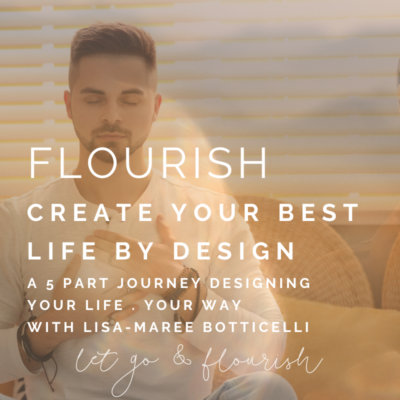
Everyone Needs to Know About Money Trauma
Everyone Needs to Know About Money Trauma

Lisa-Maree Botticelli
Mindset & Wealth Coach
Did you know that deepening your capacity to receive more money is a surefire way to accelerate your income?
One of the big patterns, I see consistently, that stops people from receiving more money – because I have it myself – is intergenerational trauma. This is impacting many entrepreneurs and investors and their ability to allow themselves to receive more money. This is one of the key reasons, I often have clients come to me, they want to increase their income, and present with money issues, like:
- Not earning enough money, or
- Wanting to increase their income, but stuck at a certain amount.
- Not charging enough for their services.
- Some are overspending, or underspending,
- Some can’t keep money, and find it hard to save.
- Often, in couples one may be a spender, the other an investor and this creates a money block.
- Some clients are afraid of becoming visible in their business and their relationships.
- Some stop themselves from allowing themselves to receive enough money and do not have an abundant lifestyle where they thrive & flourish.
- Others can’t increase their income, because they are worrying so much.
- Many have lots of blocks and fears holding them back.
- Some just don’t know they have limiting beliefs from their family of origin and they stay stuck for years in a never ending cycle of frustration and scarcity thinking.
- Many people are earning a great income and know they want to earn more, so they can create more impact in the world, but are stuck at a threshold they haven’t been able to cross.
While many entrepreneurs and investors focus on increasing their income, the real obstacle often lies beneath the surface – personal issues that hinder their ability to receive. Money is just a symptom of this deeper struggle. If you want to cultivate a healthier relationship with money and enhance your life, the journey begins with self-improvement. Start by nurturing a better relationship with yourself, and watch how it ripples out into your financial world.
Join me in a captivating interview below with my incredible mentor, Tash Corbin where we delve deep into the delicate world of intergenerational trauma. Then, keep the momentum going, as I unveil my THREE key creative strategies to help you break free from the grips of money trauma.
Let’s start breaking the chains of money trauma with more on how money beliefs originate.


‘This belief ran in my family, until it ran into me. Let it stop with me’.


How Do Money Beliefs Start?
Have you ever wondered where your money beliefs originate? It’s a complex web of family history and childhood messages that lay the foundation for our financial beliefs later in life. In my case, having indigenous heritage while, also being white presenting has led to assumptions of confidence and an easy life, devoid of challenges. The truth, however, is quite different. I’ve grappled with intergenerational trauma myself, and I began embarking on a journey of personal development to conquer the challenges it brought into my life.
Intergenerational trauma is like a baton passed from one generation to the next, a cycle that persists and is passed down from generation to generation until someone stands up and says, ‘this has to stop’. In many families, there’s that one person who takes the reins and initiates the healing journey. It’s a courageous step towards breaking the chain of inherited family trauma.
Let’s be honest… intergenerational trauma is something most of us have experienced in our lives. The beliefs it weaves can be remarkably limiting, even overwhelmingly debilitating. But how do you know if intergenerational trauma is at play in your life? Look out for these telling signs:
- Low self-esteem, depression, anxiety, insomnia.
- Anger, and self-destructive or sabotaging behaviours.
- Irritability, nightmares, fearfulness.
- Lack of trust in others.
- Carrying guilt and shame that doesn’t belong to them.
- Unresolved grief.
WATCH my interview with my mentor, Tash Corbin where we delve deep into the intricate world of intergenerational trauma. On the right, press PLAY to listen to our FB Live interview.
Next, I unveil my THREE key strategies to help you break free from the grip of money trauma below.
Unlock Abundance: Three Powerful Strategies to Transform Your Money Story.
Have you ever stopped to think about the beliefs we inherit from our families, how they shape our journey, and influence our adulthood? This is the origin of your money narrative and its evolution. A first step on the path to rewriting your money story is to heal your relationship with money. Here, I unveil three pivotal strategies that will not only help you unveil and transform your money story but also empower you to create a life and business filled with abundance today and in the future.
1. Declutter Your Mind When You Journal
Journalling is a great way to declutter and debrief on any challenges you may be experiencing. Writing in a journal about what emotions are coming up for you around money is a very helpful way to process your experience. Ready to dive in? Here are some thought-provoking questions you might like to journal on:
- What money stories or themes did you hear about in your family growing up?
- How have these money stories or themes impacted you and your family?
- What ways do your family use to manage challenging situations?
If you want to know more on how to declutter limiting thoughts and beliefs through journalling, I’ve created a Manifesting Magic journal here that includes 30 days of daily manifestation journalling & prompts, why not set yourself free when you create new positive thoughts and daily habits to support your goals and dreams?
2. Upgrade Your Money Mindset with Mandalas
Harnessing the power of creativity to connect with our unconscious mind is the quickest way to uncover outdated money beliefs and patterns in need of an upgrade. Clearing these money blocks paves the way for new possibilities. Since ‘nature abhors a vaccum’, the next step is to envision what you truly desire in your life. Regardless of the past, there’s always room for fresh beliefs and creating new opportunities.
Mandalas are a great way to clear and release painful memories without it being too overwhelming. The simple act of drawing a circle and pouring your emotions into it is like decluttering your inner world. It brings equilibrium to the chaos and serves as a potent tool for releasing any experiences or blocks that might be holding you back. Ready to try this simple, yet profound exercise:
- Drawing or making marks on paper is beneficial, as it allows for expression and release of events that may be traumatic.
- Grab an A4 or A3 blank paper and some coloured pens.
- Choose an event, or experience where you wanted more money and you didn’t believe you deserved to have more.
- Make it challenging, but, not so big that you feel overwhelmed.
- Start by writing one word in the top left hand corner to describe the event.
- Then, begin making marks or drawing an image inside the circle.
- Allow yourself expression of the event and release those emotions you have around it.
- Once expressed on paper, the energy and connection to the event is lessened and even, dispelled, altogether.
- Take a look at your image and see how this feels to you.
- Write one word that comes to mind, without thinking too much about it, write this in the top right hand corner.
- Once finished, you may like to pin your mandala up in a location where you will see it or you may like to light a candle to finish letting go of the situation by blessing it and sending it on its way, to free you up, even further.
3. Changing Your Beliefs
Our childhood is where we learn the beliefs we carry into adulthood, many of which limit our choices, and, our vision of what is possible for our life. Often, we take on these beliefs to fit into our family dynamics, even, when they don’t align with our true selves. Taking on family beliefs passed through generations can create a fixed mindset and hinders our growth.
These limiting beliefs hold family members back from thriving. A lot of couples can find it hard to be on the same page making conversations around money stressful and left unresolved. How do you, both get on the same page around money, so the whole family can not just thrive, but flourish? If you want to be supported to release what’s holding you back, then I invite you to schedule a Money Matters for Couples session here where you will be supported to release limiting beliefs and create an abundance mindset.
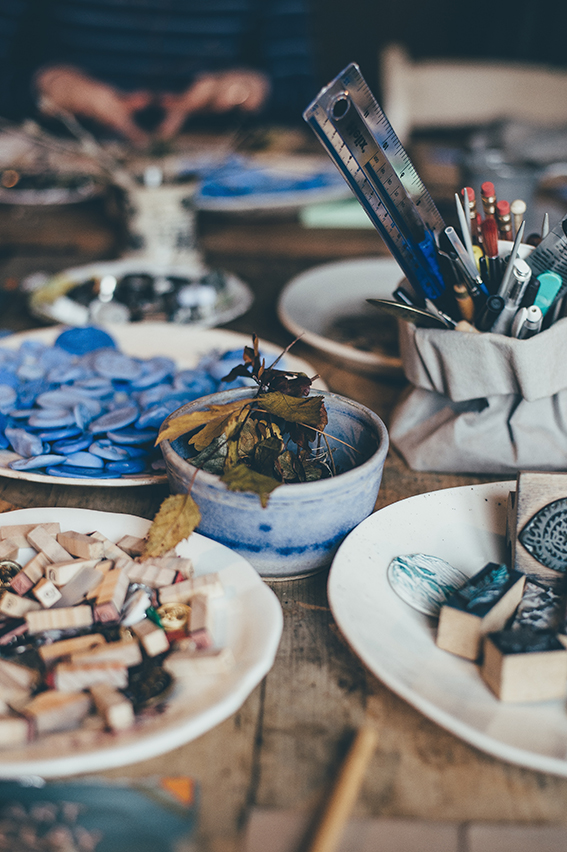

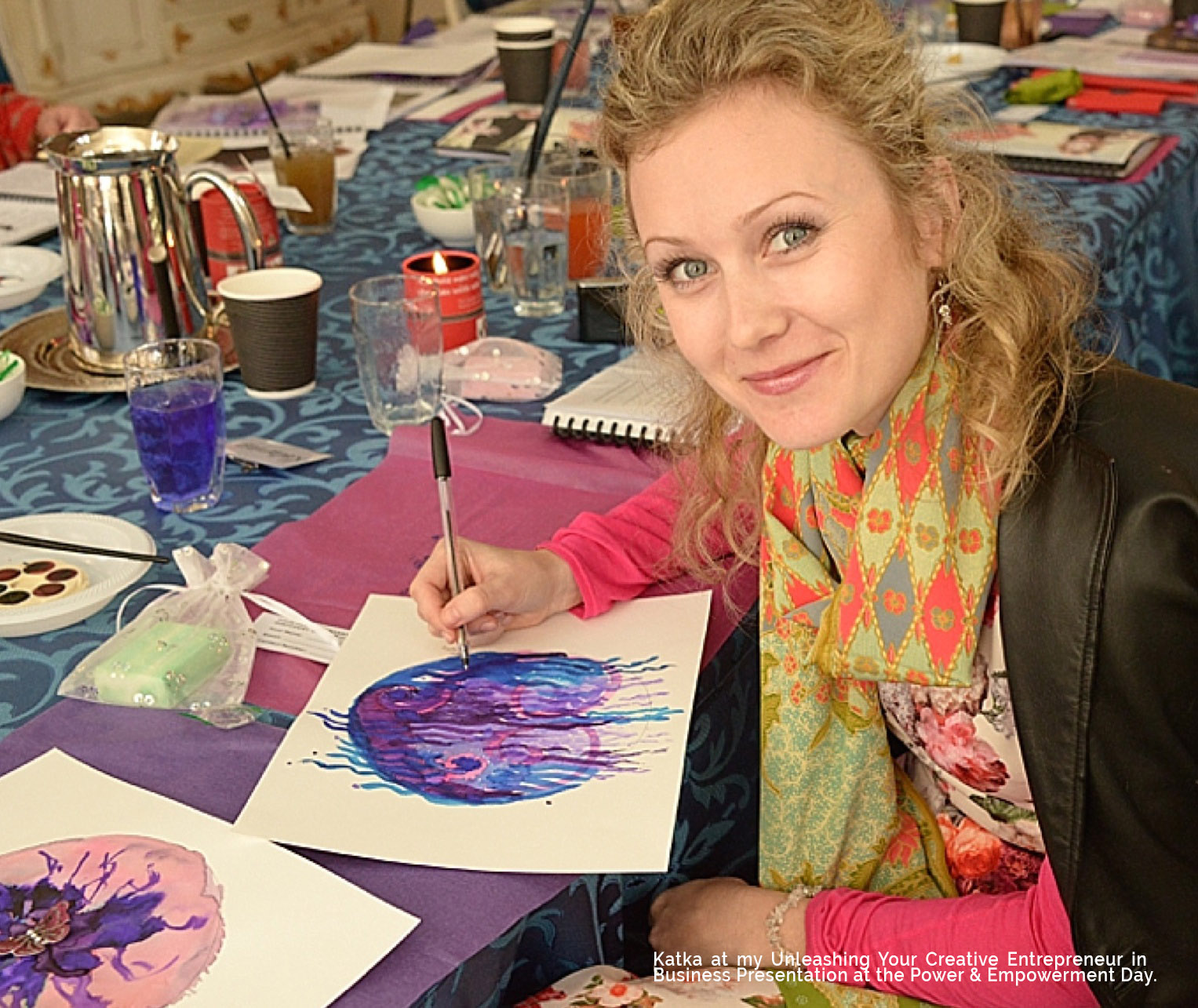
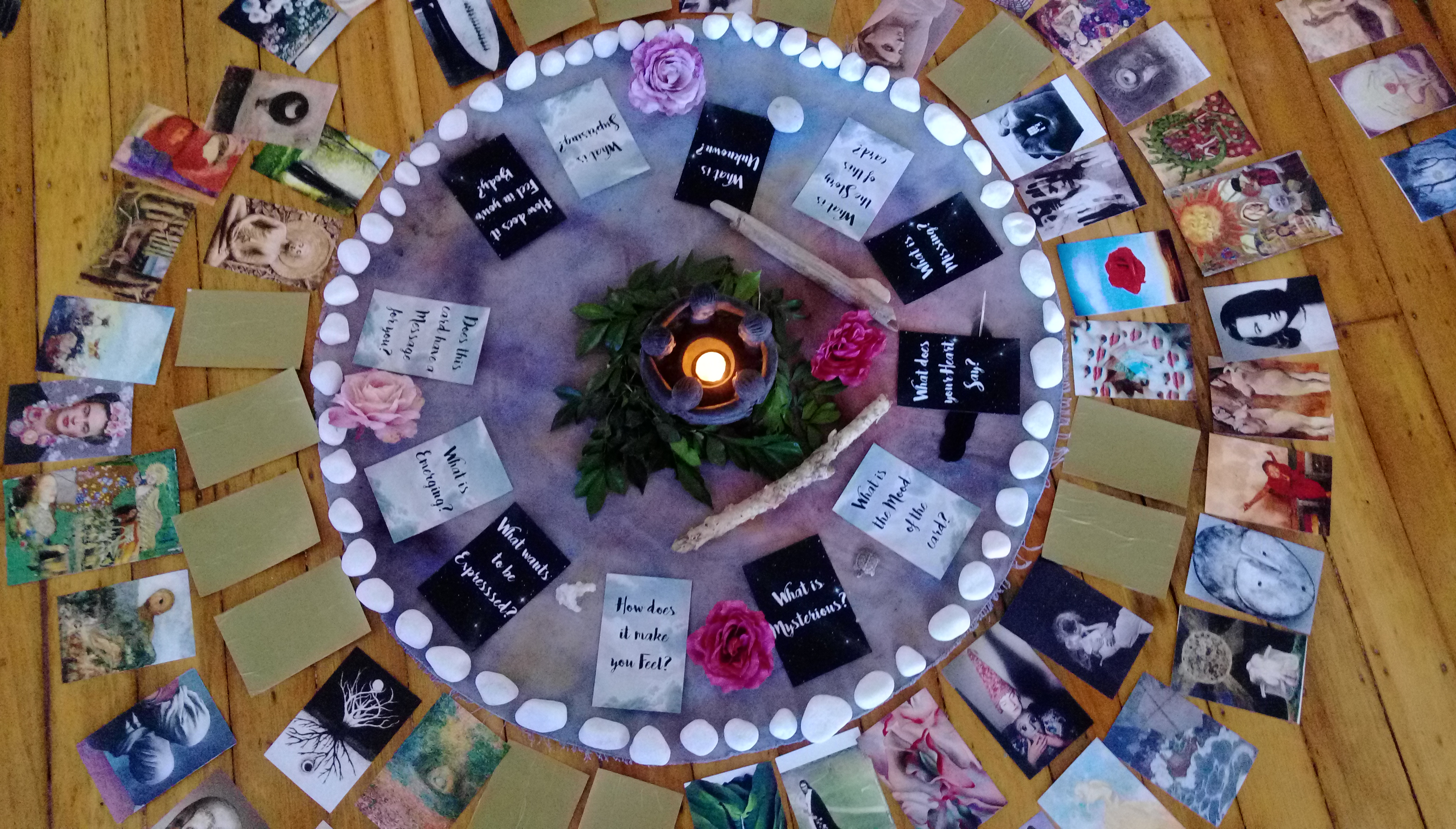
“Wealth is not about having a lot of money. It’s about having options.”
Chris Rock
To initiate change is to expand our consciousness, embracing more empowering beliefs that support the creation of an abundant life. When doing this we begin to shift our mindset from a fixed mindset to a growth mindset. This shift signifies a transition from a fixed mindset to a growth mindset, a crucial step in breaking free from unproductive family cycles.
Here’s a practical way to turn negative money beliefs into positive beliefs that support you better. Start with drawing two columns, on the left you will write ten limiting beliefs you have around money, perhaps, they are statements you heard your parents say while you were growing up. Once you have this list of ten statements, in the right hand column turn these negative statements into positive statements that you’d like to believe about money. Once you have these new beliefs put this new list up somewhere that you will see it each day, perhaps, it’s on your desk, or near your breakfast table and read them out loud to yourself, each day until you feel that you truly believe them and are confident that you can embody them, as part of your new money story.
If this is interesting to you, send me an email to connect@purecreativitycoaching.com, I’d love to hear your thoughts on this, or if you have any questions, ask me anything and I will send you some tips that will help you create more financial freedom.
Ready to Attract Abundance & Financial Freedom? Unlock a brighter future with a brand new money story. Join me for a free clarity call where we’ll delve into money matters, uncover strategies to release trauma, and pave the way for you to open the flow to abundance of wealth. Don’t miss out. I invite you to Book your spot now and let’s embark on transforming your money journey together!
